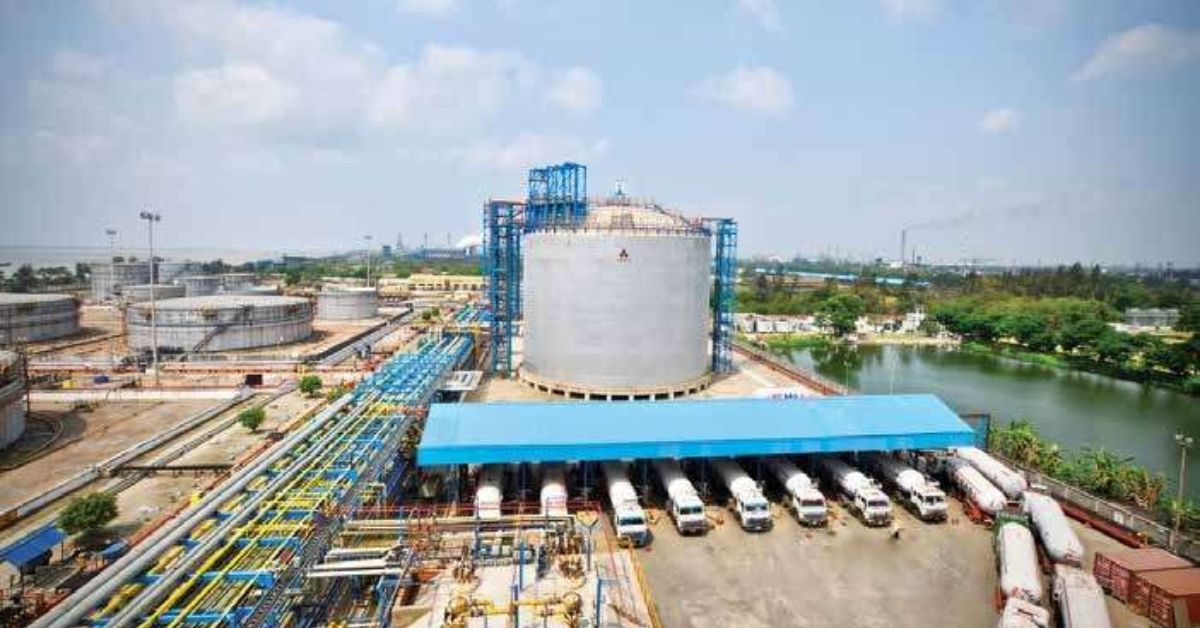Sea Lord Containers has put a new cryogenic LPG port in Mangalore into service, which is a major infrastructure boost for India’s energy logistics industry. The 82,000-metric-ton terminal is expected to boost storage effectiveness, meet domestic energy demands, and strengthen Aegis Logistics’ strategic position in coastal petroleum infrastructure. Aegis Logistics has put a cutting-edge cryogenic LPG terminal at Mangalore port into service through its fully owned subsidiary Sea Lord Containers.
With an 82,000 MT static storage capacity, the facility represents a major improvement in local LPG infrastructure. The terminal will be formally transferred to the joint venture after being constructed by Sea Lord on behalf of affiliate Aegis Vopak Terminals. This milestone reflects the company’s drive for infrastructure growth along coastal nodes and reaffirms its continued commitment to modernizing India’s energy logistics. The Mangalore terminal’s location and technology provide it a strategic advantage.
Compared to conventional pressurized systems, cryogenic LPG can be handled more safely and effectively because it is stored at low temperatures and atmospheric pressure. As a result, the new terminal strengthens India’s ability to manage seasonal variations in demand, guarantees fuel security for both industrial and residential users, and offers resilience against supply disruptions. According to experts, LPG terminals help India transition to cleaner fuels and lessen the country’s reliance on high-carbon sources. The company is laying a strong basis for future revenue streams and investor trust by focusing its expansion on deployments of tangible assets.
The terminal promotes wider policy goals focused on clean, sustainable infrastructure in addition to immediate financial benefits. The national clean energy frameworks and India’s Maritime Vision 2030 place a strong emphasis on decentralized storage, port carbon emission reduction, and maritime supply chain bolstering.
These requirements are supported by the Mangalore facility, which is run by Aegis Vopak, a joint venture with international tank terminal specialist Royal Vopak, and incorporates contemporary safety, operational effectiveness, and environmental precautions. Infrastructure of this caliber is anticipated to become a typical benchmark as shipping and port operations are subjected to more and more “green port” regulations. Aegis Logistics’ new Mangalore terminal represents a significant advancement in India’s cleaner fuel logistics going forward.
According to experts, the facility can establish a national standard if it operates transparently, has strong policy support, and plans for inclusive infrastructure. It will be crucial to guarantee fair access, adherence to environmental regulations, and community involvement, particularly among women and marginalized communities. With careful planning, the port might serve as a model for net-zero, sustainable energy infrastructure in India’s cities and coastal areas.










